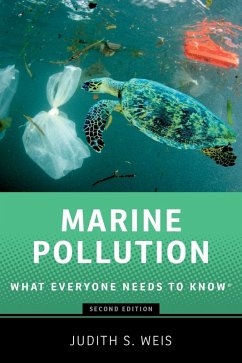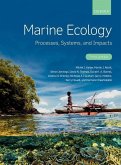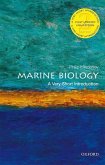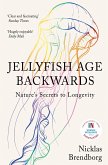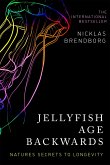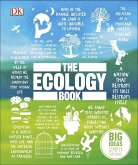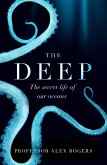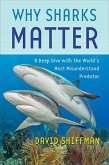Updated to reflect recent research, the second edition of Marine Pollution discusses the sources of marine pollutants, their effects on marine organisms and humans, and how to reduce or eliminate them. Weis covers topics like oil spills, flame retardants, pharmaceuticals, noise pollution, and PFAS. A new chapter examines the prevalence of microplastics, how they find their way into our food, and the associated toxic chemicals. Additional chapters address the deadly effects of climate change in the ocean but also focus on actions that all people can take, citing recent environmental improvements as a cause for hope.
Hinweis: Dieser Artikel kann nur an eine deutsche Lieferadresse ausgeliefert werden.
Hinweis: Dieser Artikel kann nur an eine deutsche Lieferadresse ausgeliefert werden.

